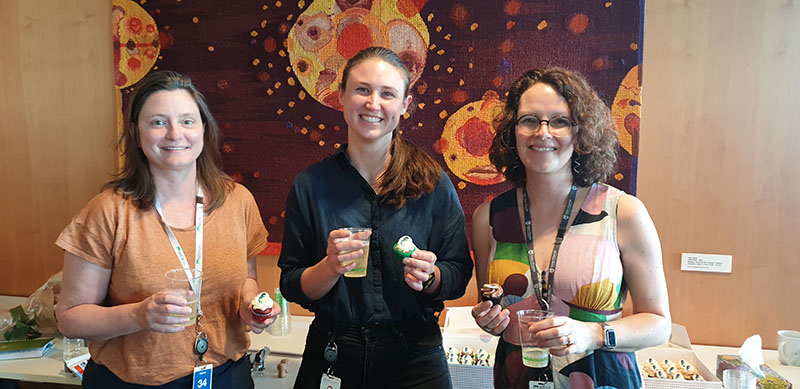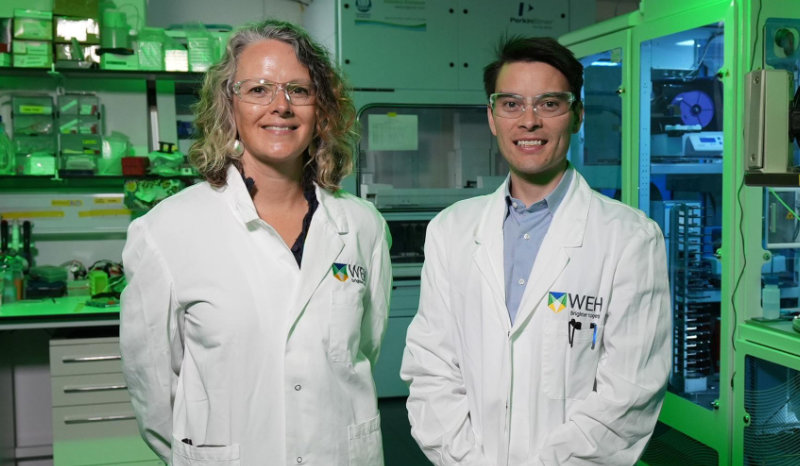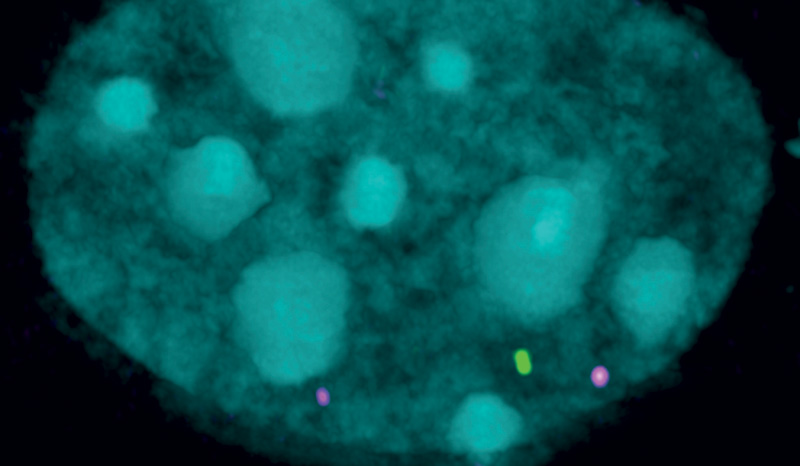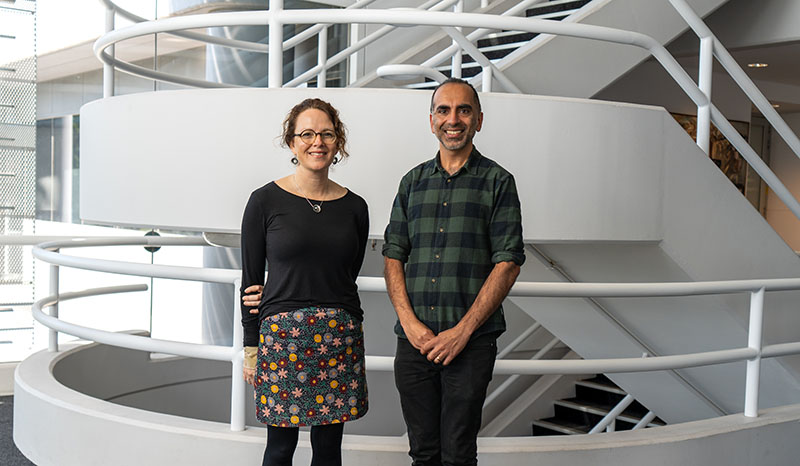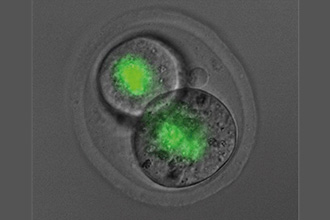Our lab loves to collaborate! We always welcome new collaborators if our expertise can be of help.
We collaborate closely with our neighbouring bioinformatics lab head Professor Matthew Ritchie, with jointly supervised staff and students working on epigenomic projects.
We collaborate closely with Professor James Murphy and Professor Peter Czabotar on SMCDH1 structure and function.
We work closely with Associate Professor Jeff Mitchell and Associate Professor Kym Lowes on our drug discovery program for SMCHD1.




